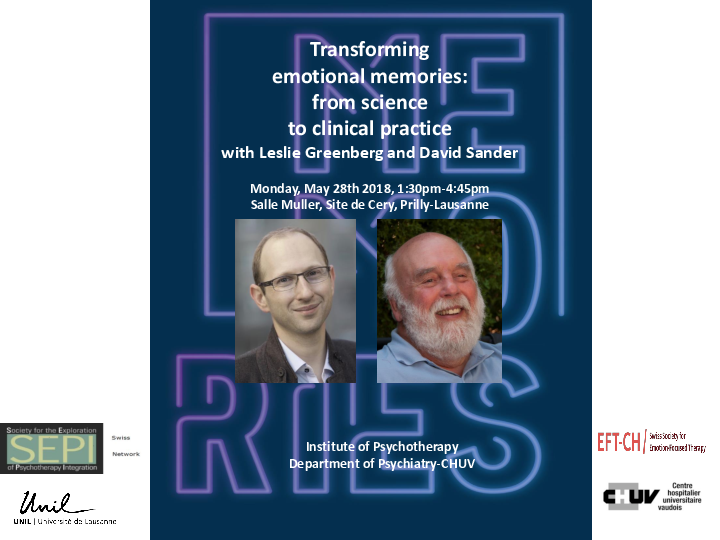
Coping with COVID
1. A recently published article on working with emotions in tele-therapy written by two EFT-CH members: Alexine de Benoît-Thompson and Ueli Kramer in Counseling Psychology Quarterly.
https://www.tandfonline.com/doi/full/10.1080/09515070.2020.1770696
2. For clinicians and clients - a helpful workbook integrating strategies from DBT and EFT to help clients manage anxiety during this period. Developed by Dr. Sachiko Nagawa
Tolerance for Uncertainty: A COVID 19 Workbook
https://www.baypsychology.ca/workshops
3. For couple therapists - Insightful tips and recommendations for conducting couple therapy online, developed by Alexine Thompson de Benoit, Ben Kneubühler, Marie-Laure del Vecchio.
https://eft-sr.ch/wp-content/uploads/2020/03/couplesonline.pdf
4. For therapists - Enhancing therapeutic presence online. See the PDF-File below
5. Mindfulness practice by Dr. Shari Geller - https://www.facebook.com/drsharigeller/
Past Events
June 2021: Webinar by Dr. Michael Bricker "Coming out of shame - An EFT Model for working with internalized racism and internalized homophobia.
A presentation that explores an EFT model
for working with LGBTQ+ clients and clients of
color in treating self-hatred and low selfworth
connected with sexual orientation and
racial identity
February 2021: Webinar by Ann Weiser Cornell "Inviting Felt Senses with any client".
Workshop about subtle empathic prompts that don't put the client on the spot or interrupt
the flow. These subtle prompts are easy, practical, and can be used within any modality of psychotherapy.
You can find the recording of the webinar here:
https://youtu.be/V1WWXix2aT8
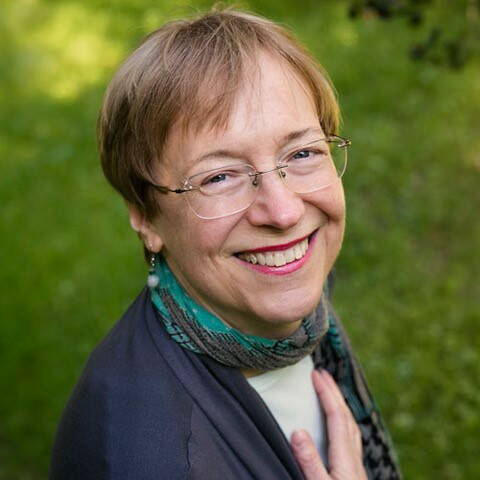
May 2019: Lecture by Prof. Robert Eliott, University of Strathclyde, Glasgow, Scotland "The Evidence Base for Person-Centered, Emotion-focused, and Other Humanistic-Experiential Psychotherapies: 2018 Update"
The results of an ongoing up-date (being carried out in collaboration with Jeanne Watson, Jason Sharbanee and Laco Timulak) on the most recent outcome evidence evaluating humanistic-experiential psychotherapies (HEPs), including person-centred, emotion-focused and other approaches will be presented. Taken together, the body of evidence coupled with previous meta-analyses, clearly indicates that HEPs are evidence-based treatments that are an essential part of mental health service provision.
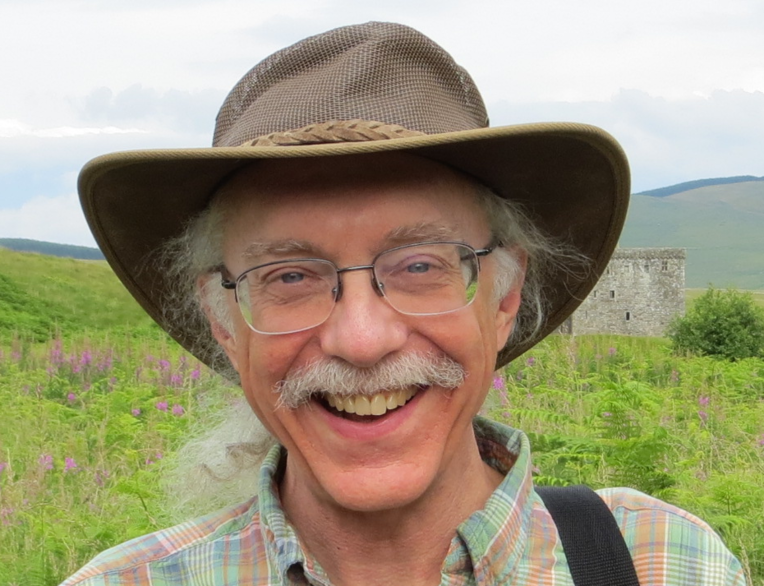
February 2019: Symposium Memory Reconsolidation, Emotional Arousal
and Enduring Change in Psychotherapy :
Insights, Challenges and OpportunitiesThe discovery that memories can be updated and revised in certain circumstances raises the question of
how this phenomenon can be used most effectively for therapeutic purposes. Prof. Richard Lane presented a model of memory reconsolidation that incorporates new emotional experiences, and some of the evidence supporting it, with particular emphasis on its relevance to the clinical practices of EFT and psychodynamic therapy.
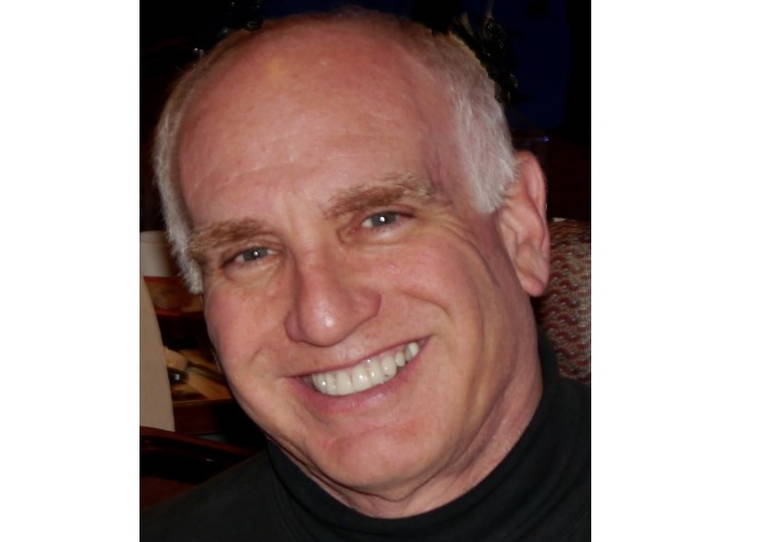
Juli 2018: EFT for GAD with Dr. Jeanne Watson
In this workshop the role of EFT in promoting clients’ emotional processing and affect regulation in the treatment of Generalized Anxiety (GAD) was be presented.
Jeanne Watson Ph.D. is one of the primary developers of Emotion Focused Psychotherapy. Dr. Watson is a Professor in the Department of Applied Psychology & Human Development at OISE, University of Toronto. Dr. Watson conducts research on EFT in the treatment of depression and GAD. Dr. Watson is a member of the Board of Directors of the International Society for Emotion Focused Psychotherapy and is involved in the training, research, and ongoing development of EFT.
For more information: https://www.emotionsfokussiertetherapie.ch/de/termine-kurse-ausbildung/ieft-ch-kursangebot-seit-2015

May 28, 2018 at Site de Cery, Lausanne: Debate "Transforming emotional memories: from science to clinical practice". Emotional Memory by David Sander and Changing emotion with emotion by Leslie Greenberg.
March 6, 2018 at the University of Bern: A lecture by Prof. Shelley McMain (University of Toronto): "Working with Emotions in Psychotherapy: A Transtheoretical Approach"
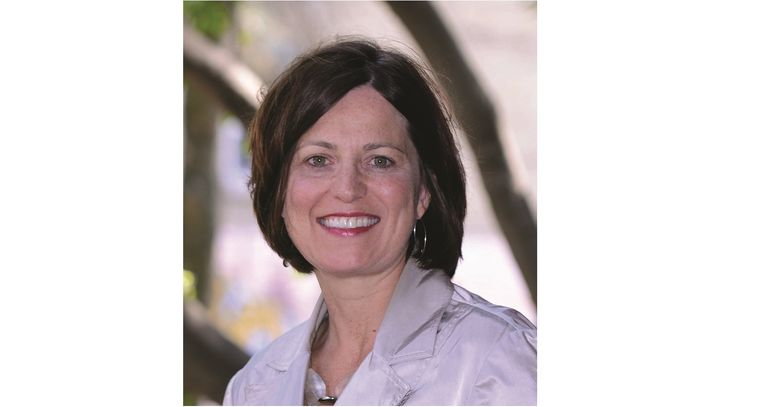
May 15th, 2017: at the University of Bern: Talk Prof. Lynne Angus (York University): "Facilitating narrative and emotion integration in emotion-focused therapy: Implications for clinical practice and research"

February 27th, 2017 at the University of Bern: Symposium "Emotionen in der Psychotherapie": Dr. Kristina Rohde, Dr. Tobias Krieger, Dr. Alexander Wopfner, discussion by Dr. Martina Belz
September 22nd, 2016 at the University of Lausanne: Symposium "Emotions en psychothérapie": Dr. Claudia Meystre, MPs Lorena Gamboa, discussion by Dr. Catalina Woldarsky
April 25, 2016, at the University of Lausanne: Talk Prof. David Sander (University of Geneva), discussion by Prof. Leslie Greenberg (York University): "What a researcher thinks every therapist should know about emotions"
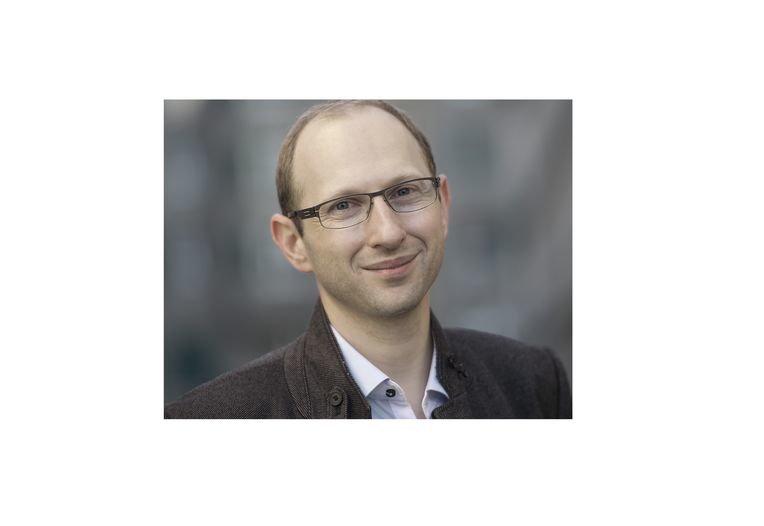
April 20, 2015 at the University of Bern: Talk Prof. Martin grosse Holtforth (University of Bern): "Because it fits: The integration of emotion-focused work into Psychological Therapy"

Symposium: Memory Reconsolidation, Emotional Arousal
and Enduring Change in Psychotherapy :
Insights, Challenges and Opportunities
The discovery that memories can be updated and revised in certain circumstances raises the question of
how this phenomenon can be used most effectively for therapeutic purposes. In this talk Prof. Richard Lane will present a model of memory reconsolidation that incorporates new emotional experiences, and some of the evidence supporting it, with particular emphasis on its relevance to the clinical practices of EFT and psychodynamic therapy. The presentation will be followed by a Discussion and clinical illustrations by Dr Catalina Woldarsky Meneses and Dr Gilles Ambresin.
Lecturer: Prof. Richard Lane
When: 20. February 2019, 18.15h - 19.45h
Where: CHUV, auditoire César-Roux, Lausanne
How to get there:
By train: from Lausanne train station, take the metro (m2) in the direction of Croisettes, stop CHUV, then the Auditoire César-Roux will be in the main building of the University Hospital CHUV (follow the signs at the reception).
By car: follow signs "Hôpitaux-Lausanne-Vennes" on highway. Parking recommended at Vennes and take the metro at Vennes until CHUV.
Entrance is free
Symposium: Memory Reconsolidation, Emotional Arousal
and Enduring Change in Psychotherapy :
Insights, Challenges and Opportunities
The discovery that memories can be updated and revised in certain circumstances raises the question of
how this phenomenon can be used most effectively for therapeutic purposes. In this talk Prof. Richard Lane will present a model of memory reconsolidation that incorporates new emotional experiences, and some of the evidence supporting it, with particular emphasis on its relevance to the clinical practices of EFT and psychodynamic therapy. The presentation will be followed by a Discussion and clinical illustrations by Dr Catalina Woldarsky Meneses and Dr Gilles Ambresin.
Lecturer: Prof. Richard Lane
When: 20. February 2019, 18.15h - 19.45h
Where: CHUV, auditoire César-Roux, Lausanne
How to get there:
By train: from Lausanne train station, take the metro (m2) in the direction of Croisettes, stop CHUV, then the Auditoire César-Roux will be in the main building of the University Hospital CHUV (follow the signs at the reception).
By car: follow signs "Hôpitaux-Lausanne-Vennes" on highway. Parking recommended at Vennes and take the metro at Vennes until CHUV.
Entrance is free
Links to Websites of Friends and Partners
Letter to the EFT community from the International Society for Emotion-Focused Therapy (isEFT)
The ISEFT announces its new Website with the possibilty to get listetd as an EFT therapist and invites to become a member of the ISEFT. Click the document below to read the letter.




